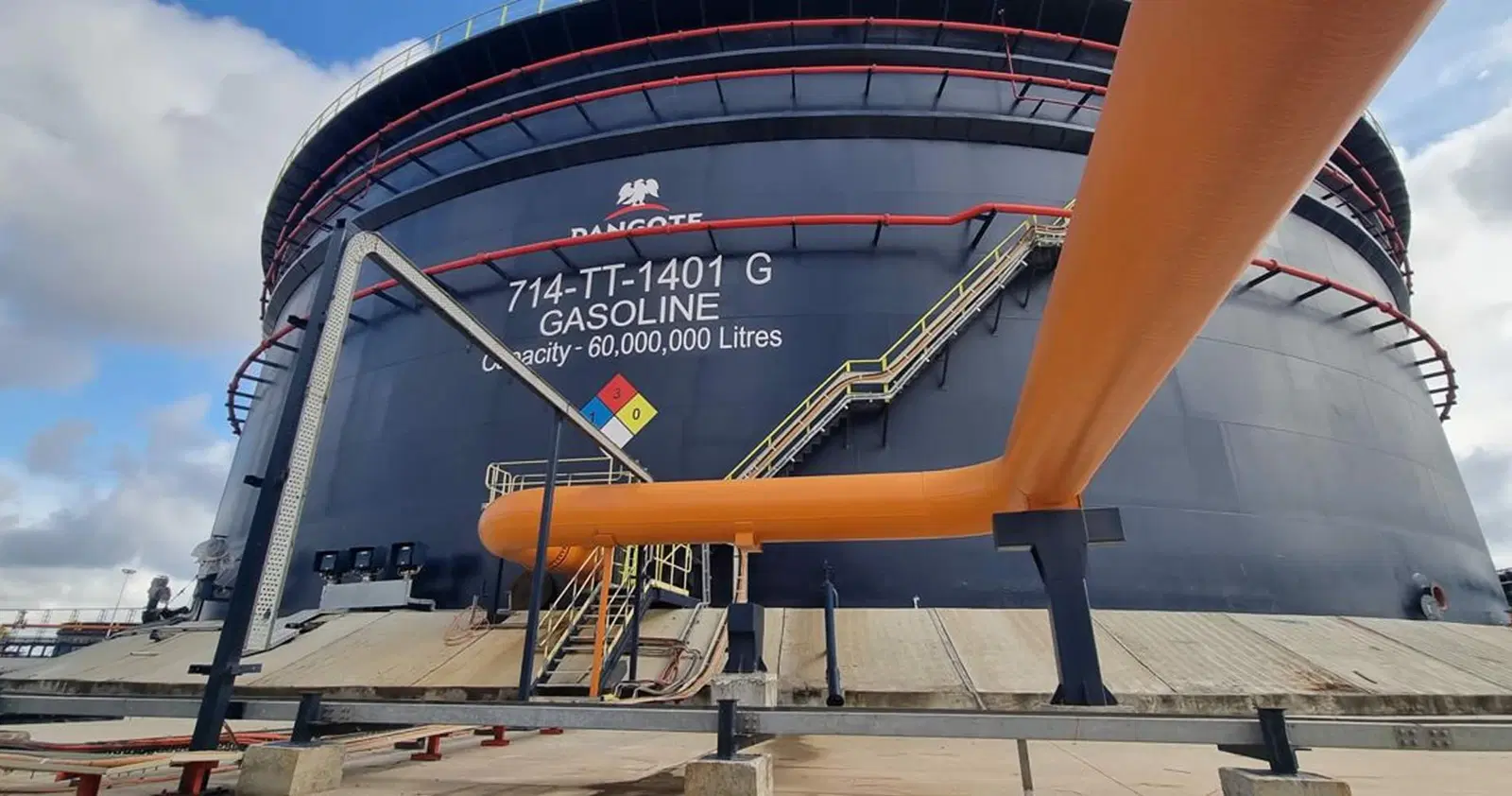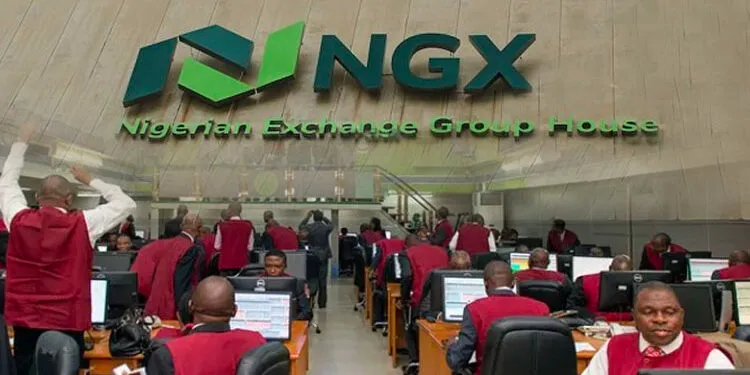The Nigerian Association of Chambers of Commerce, Industry, Mines, and Agriculture has expressed significant concerns regarding the recent increases in petrol pump prices in Lagos and Abuja.
The association cautioned that these rising costs could initiate a cycle of economic hardship throughout the country.
This was disclosed in a statement by the NACCIMA’s National President, Mr. Dele Oye, on Wednesday in Lagos, according to Nairametrics.
Oye highlighted that the prices, which have climbed to N998 per litre in Lagos and N1,030 per litre in Abuja, are putting significant pressure on businesses and households across the nation.
He warned that the price hike could lead to increased transportation costs, exacerbate inflation, and have a detrimental impact on small and medium-sized enterprises.
Oye emphasized the necessity for a comprehensive assessment of the economic effects, particularly regarding pricing for goods, services, and transportation.
He said, “With transportation costs directly tied to fuel prices, this increase will serve as a catalyst for higher freight charges.
“Given that fuel is a primary driver of inflation, the rise in petrol prices will exacerbate the already high inflation rate in Nigeria.
“Households will find themselves paying more not only for fuel, but also for everyday goods and services, prompting a vicious cycle of rising costs and economic hardship.”
“The recent fuel price increase will have a profound impact on micro and nano businesses, many of which rely heavily on petrol generators to power their operations,” Oye added.
He stressed that the economic outlook for SMEs could shift from potential growth to a focus on mere survival.
This shift, he explained, would not only impact individual businesses but also hinder job creation and economic progress in communities throughout Nigeria.
The NACCIMA president urged the NNPCL to show the necessary goodwill in supporting the operations of the Dangote refinery. Such support, he suggested, could help stabilise local petrol prices, reduce Nigeria’s reliance on imported fuel, and promote national self-sufficiency.
Oye also called on the Central Bank of Nigeria to enhance its efforts in implementing monetary policies that stabilize or strengthen the Naira.
He warned that rising importation costs, driven by currency depreciation, could further push up domestic fuel prices.
AMBusiness reported yesterday that petrol prices at NNPC retail stations in Lagos have jumped from N885 per litre to N998, leading to long queues at filling stations across the city.











